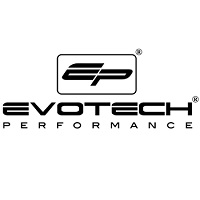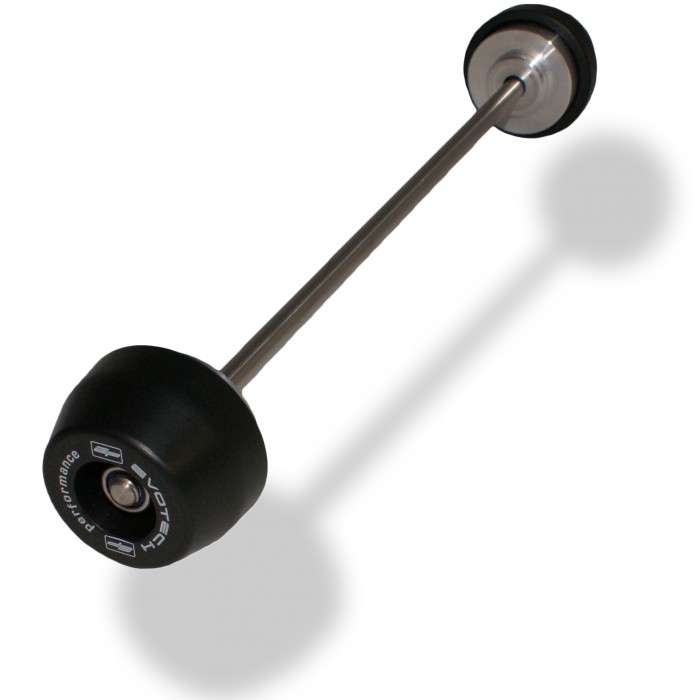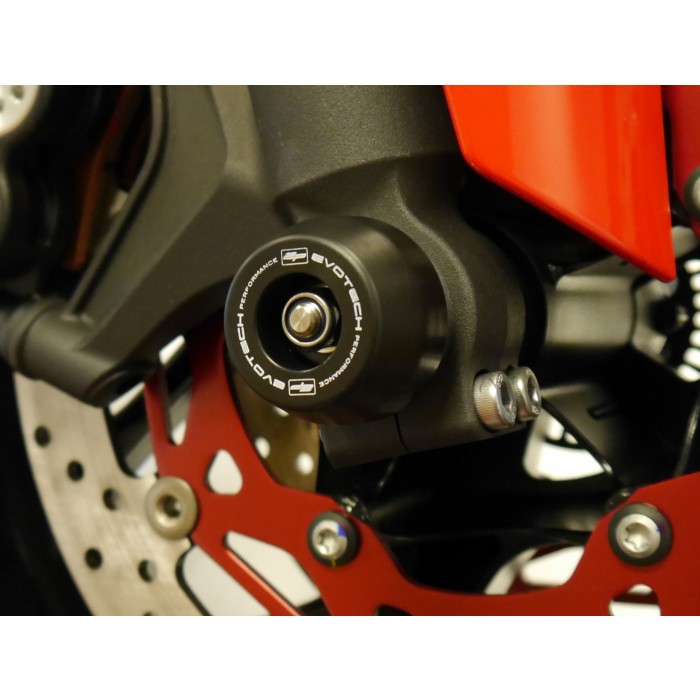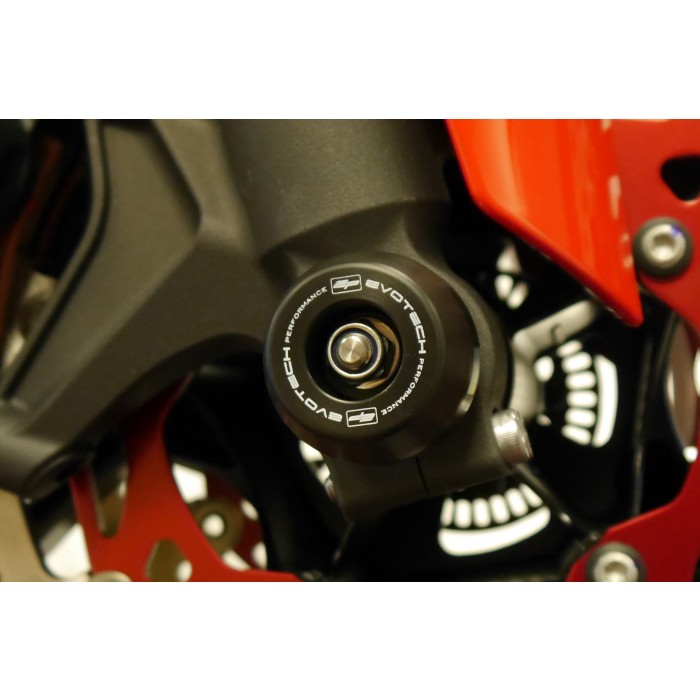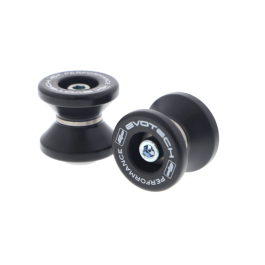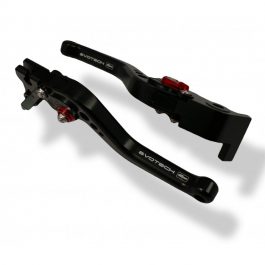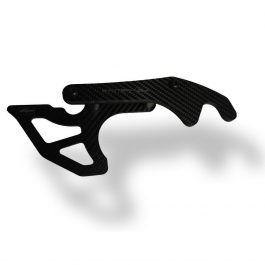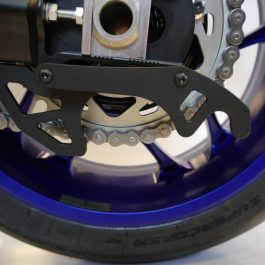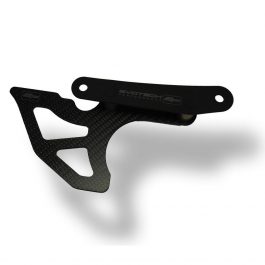
Motorcycle performance parts specialists. Helping you create your perfect motorbike.
Email: sales@conquestracingltd.com
Conquest Racing LTD
Unit 2B Clump Farm Ind Est, Tin Pot Lane, Shaftesbury Road, Blandford, Dorset, DT11 7TD, United Kingdom; Opening times 9:00-17:30 Monday-Thursday ; 9:00-13:00 Friday; Closed Saturday & Sunday; *Visiting by appointment only
Description
Evotech Performance Yamaha MT-10 FZ-10 Front Fork Spindle Bobbins 2016+
Evotech Performance have developed an innovative spindle bobbin system which allows the bobbin head to rotate on impact. This is down to the aluminium spacer system that provides a solid core for the location of the nylon bobbin head. Using this system we have increased the overall durability and impact resistance of our spindle bobbin kits.
Evotech Performance front spindle bobbins are retained by roll threaded stainless steel spindles for increased strength. Evotech Performance spindle bobbin kits comprise of two nylon bobbins, two anodised aluminium spacers, S/S spindle, nuts, washers and a hollow spindle nut when required. Made in England from high performance engineering materials in order to protect your expensive fork bottoms and brake calipers in the event of a spill.
Evotech Performance supplies individual components should you require any replacements.
Technical Information:
- Material: Aluminium Spacers, Nylon Bobbins
- Finish: Anodised Silver Spacers, Black Nylon
- Fitting Difficulty (1 Low – 5 High):1
- Fitting Time: 10 Minutes
Evotech Performance revolutionary design team have developed a range of aftermarket parts for the Triumph series of motorcycles that is second to none. Our current range consists of a tail tidy, radiator guards, crash protection, spindle bobbins and handle bar end weights.
The new company’s manufacturing plant and its designs were not able to compete against the Japanese, so Bloor decided against relaunching Triumph immediately. Initially, production of the old Bonneville was continued under licence by les Harris of Racing Spares, in Newton Abbot, Devon, to bridge the gap between the end of the old company and the start of the new company. For five years from 1983, about 14 were built a week in peak production. In the USA, owing to problems with liability insurance, the Harris Bonneville’s were never imported.
Bloor set to work assembling the new Triumph, hiring several of the group’s former designers to begin work on new models. The team visited Japan on a tour of its competitors’ facilities and became determined to adopt Japanese manufacturing techniques and especially new-generation computer-controlled machinery. In 1985, Triumph purchased a first set of equipment to begin working, in secret, on its new prototype models. By 1987, the company had completed its first engine. In 1988, Bloor funded the building of a new factory at a 10-acre (40,000 m2) site in Hinckley Leicestershire. Bloor put between £70 million and £100 million into the company between purchasing the brand and breaking even in 2000.
